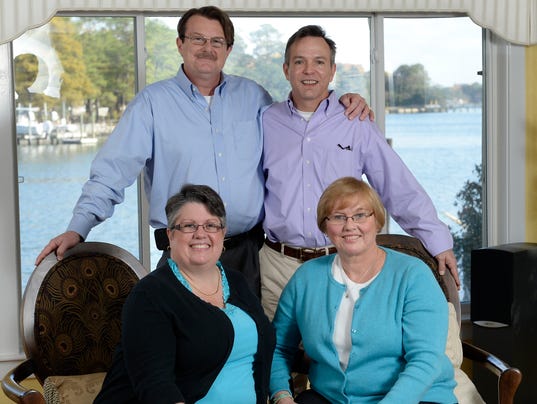 WASHINGTON — The Supreme Court blocked gay and
lesbian couples from marrying in Virginia Wednesday as it edges closer to
deciding whether same-sex marriage should be legalized nationwide.
WASHINGTON — The Supreme Court blocked gay and
lesbian couples from marrying in Virginia Wednesday as it edges closer to
deciding whether same-sex marriage should be legalized nationwide.
The ruling puts on hold a federal appeals court's
verdict last month striking down the state's ban on gay marriage. That case,
like others that ended similarly in Utah and Oklahoma, is being appealed to the
Supreme Court.
While nearly all federal and state courts have
ruled in favor of same-sex marriage since the high court issued two landmark
decisions in June 2013, judges have blocked nearly all such marriages while the
cases are appealed. The justices had stepped in once before, in Utah, to do
just that.
If the court declines to hear the Virginia appeal,
the stay would be lifted and couples could begin getting married. Otherwise,
those marriages would have to wait until the case is ultimately decided.
"The Supreme Court is making clear, as it
already did in the Utah marriage case, that it believes a dignified process is
better than disorder," said Byron Babione, senior counsel at Alliance
Defending Freedom, which represents the Virginia court clerk opposed to
same-sex marriage.
In six states — Arkansas, Colorado, Indiana,
Michigan, Utah and Wisconsin — several thousand couples married before the
process was interrupted by judges' subsequent rulings. That leaves those
marriages in legal limbo.
